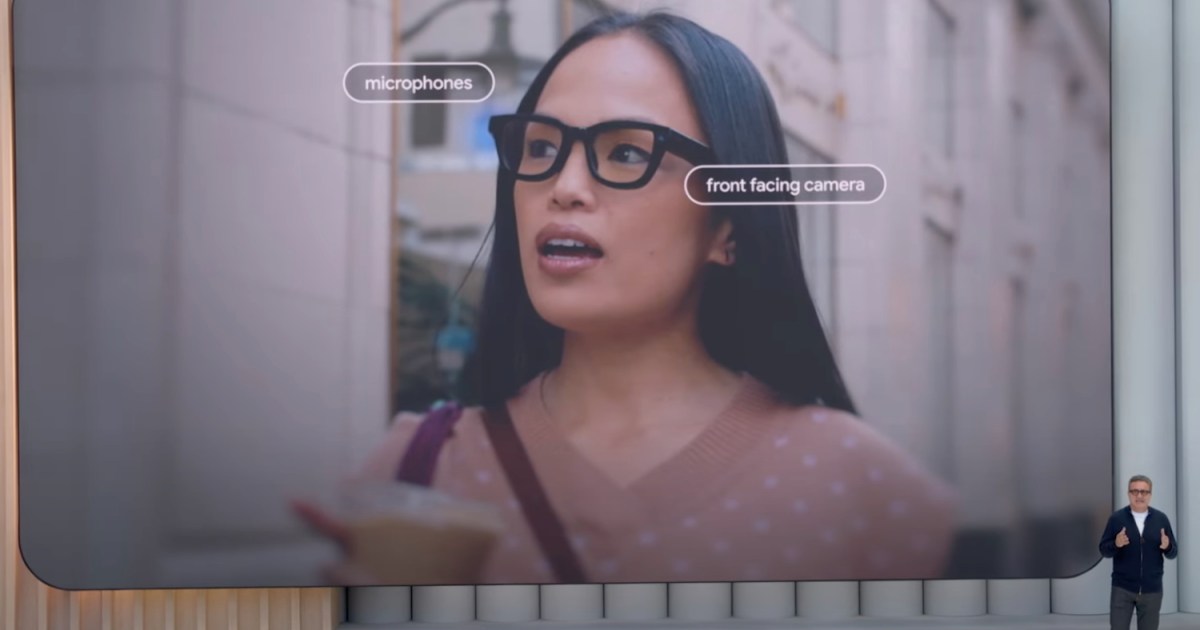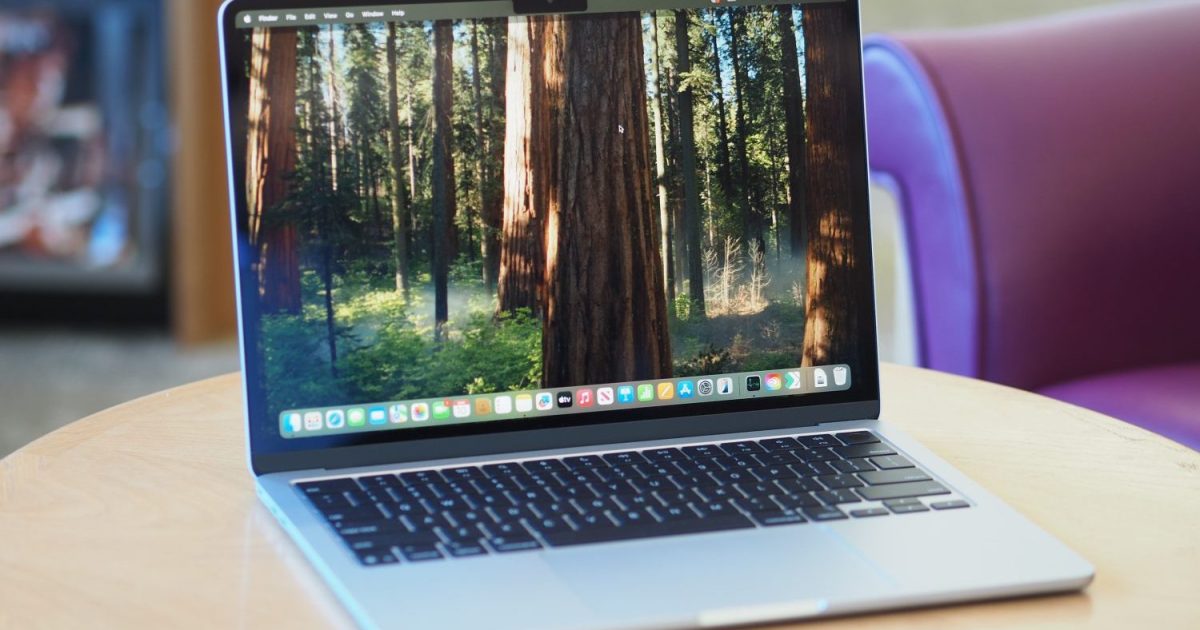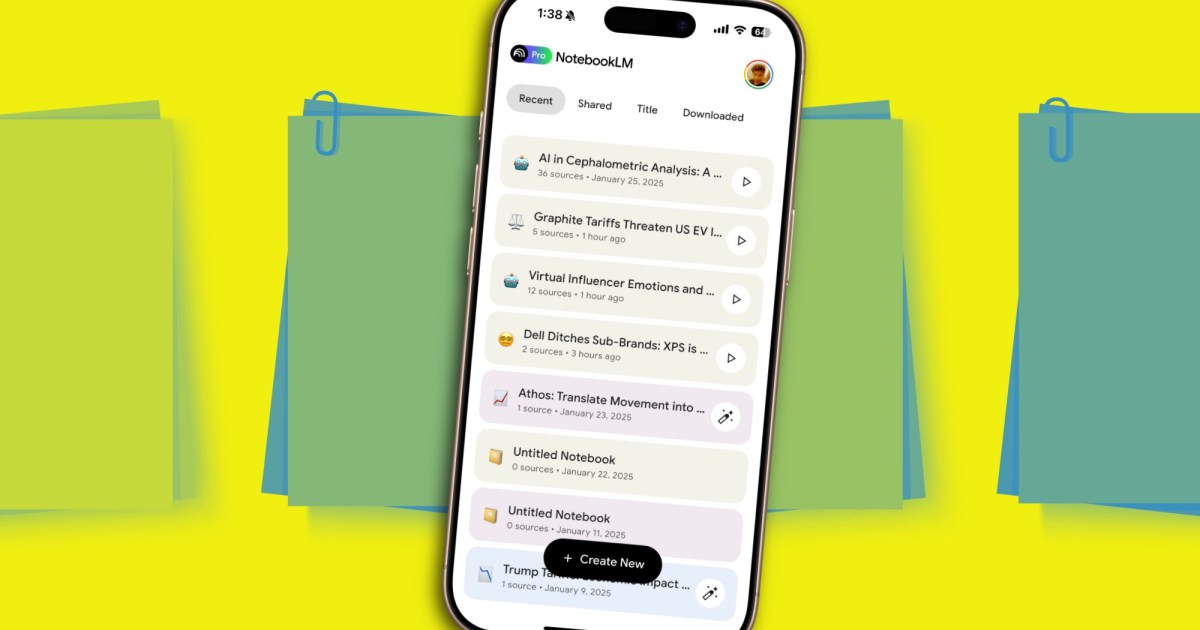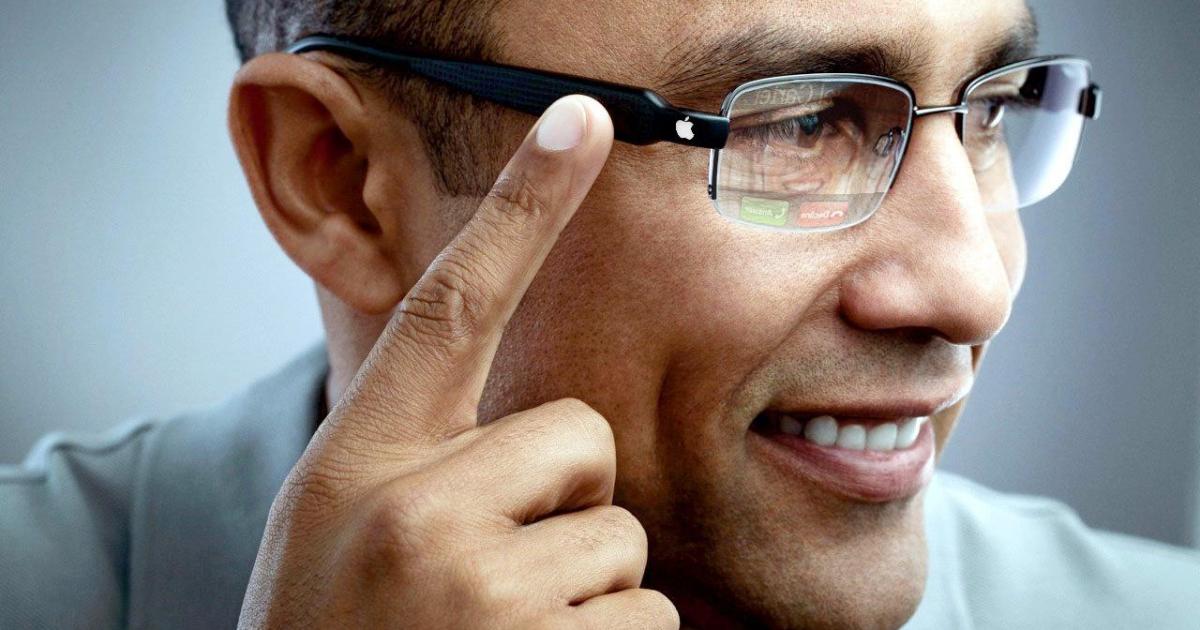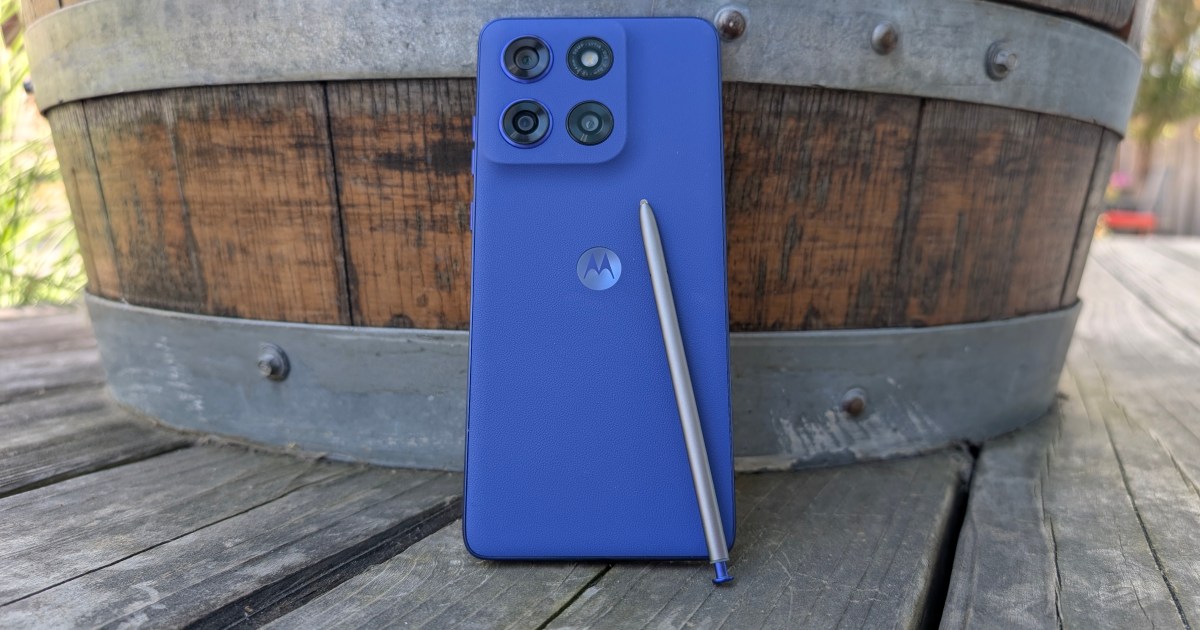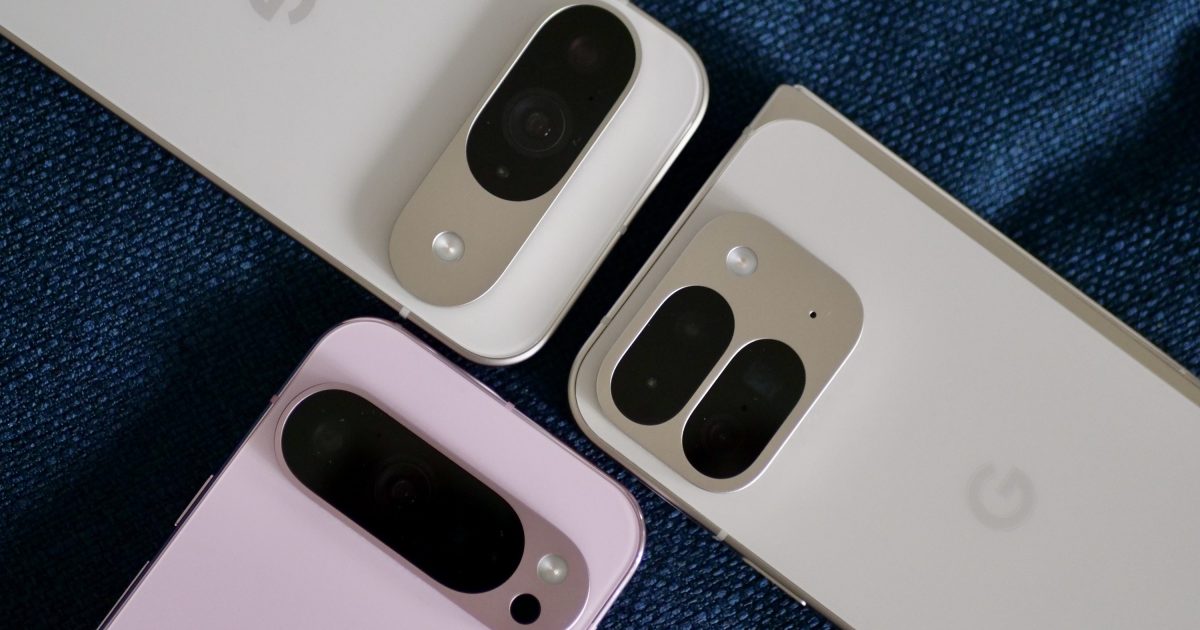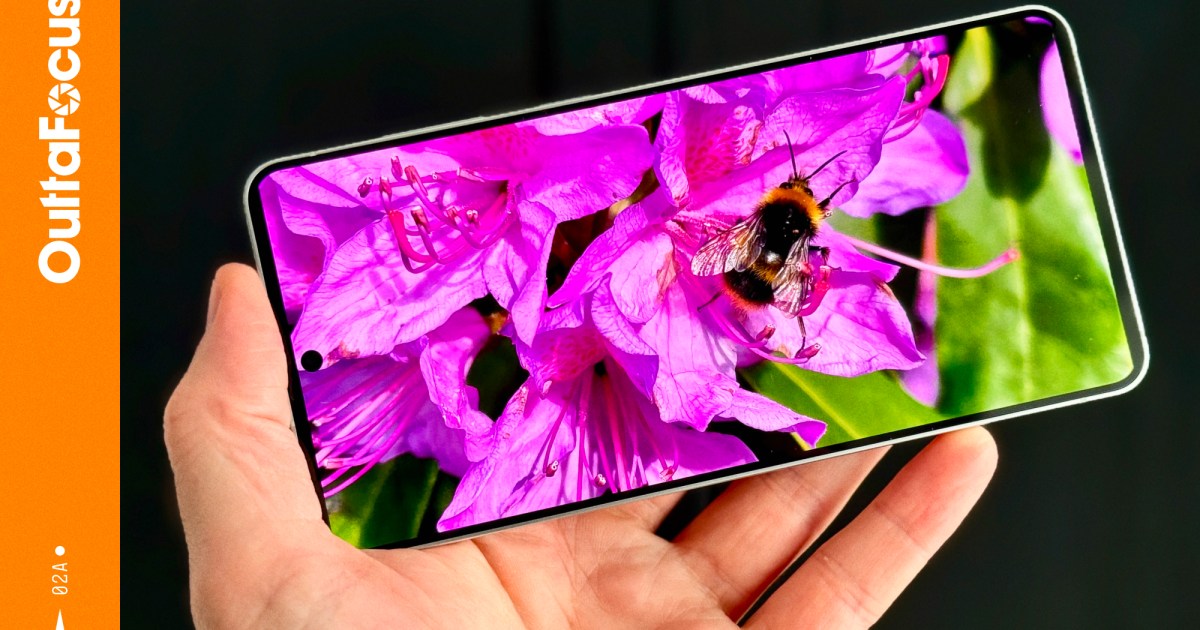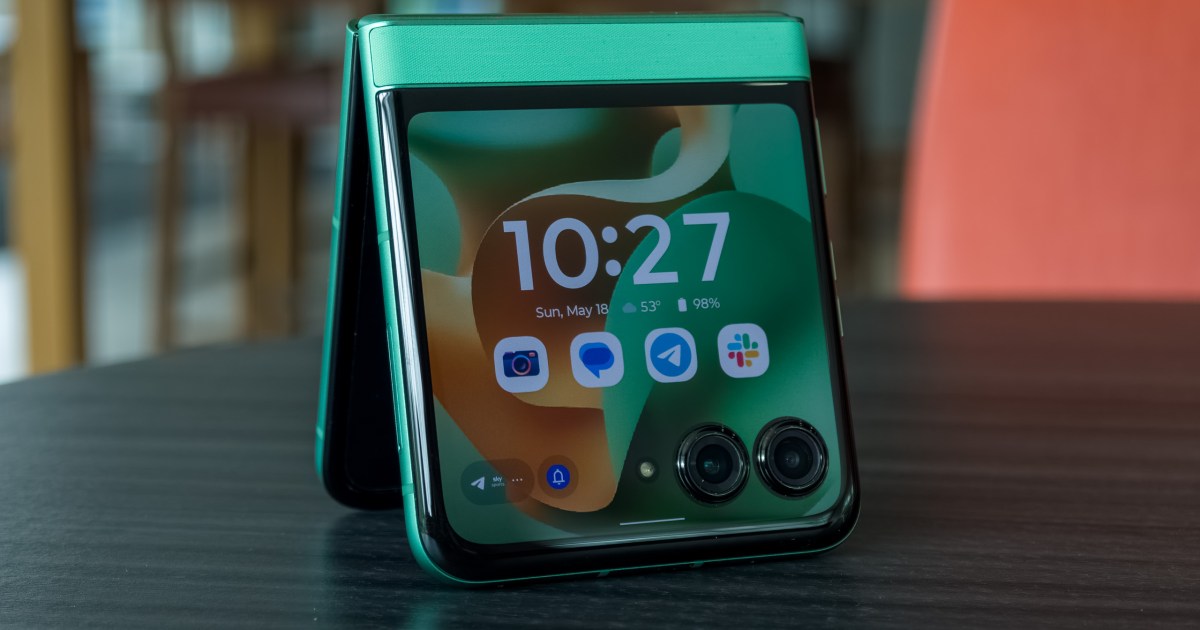Google is unequivocally aiming to power the technology within your future luxury smart sunglasses. However, rather than relying on its internal design teams, the tech giant is strategically partnering with established eyewear brands. This approach leverages existing expertise in a market Google clearly intends to lead, positioning Android XR as the premier software platform for eyewear manufacturers globally.
Big Names with Proven Experience
During the Google I/O 2025 keynote, the company’s annual developer conference, Android XR was prominently featured towards the end of the two-hour event, demonstrated using prototype smart glass hardware. Google’s consistent decision to not unveil its own consumer-ready models became clear with the on-stage announcement of two significant smart glasses partnerships: Gentle Monster and Warby Parker. A third collaboration, with Kering Eyewear, was confirmed outside the keynote.
It appears Google does not intend to manufacture its own glasses, opting instead to outsource hardware development to seasoned brands. This diverges from its strategy of expanding the homegrown Pixel mobile device range. This is arguably the most astute decision Google could have made. Creating eyewear, smart or otherwise, presents unique challenges distinct from manufacturing phones or smartwatches. While Google possesses the financial resources to hire experts, achieving optimal design, fit, and a diverse range of styles for broad market appeal would be a protracted process.
Google hasn’t randomly selected its partners. The confirmed names are not only well-recognized but also demonstrate clear ambitions in integrating technology into their core business, each approaching this challenge from unique perspectives. Google will manage the software, allowing partners to focus on hardware. For those familiar with Android’s early days in the smartphone market, this strategy will resonate as a familiar and proven playbook. [internal_links]
Understanding the Key Players: Gentle Monster, Warby Parker, and Kering
You might be well-acquainted with Warby Parker, but Gentle Monster, a South Korean brand established in 2011, is arguably the most avant-garde of the three. While its products are available globally, it enjoys significant popularity in South Korea, Japan, and China. The brand is distinguished by its creatively daring retail environments, collaborations with major fashion houses, and consistent adoption of cutting-edge technology.
Gentle Monster has deeply integrated technology into its DNA. From its futuristic, often cyberpunk-inspired designs to sophisticated high-tech art installations in its stores, the brand aligns perfectly with Google’s software ambitions. It has prior experience with smartglasses, having collaborated with Huawei multiple times since the audio-first smart glass trend around 2020. Beyond smart glasses, Gentle Monster has introduced augmented reality try-on features, developed a collaborative mobile game, partnered with video game brands on distinctive designs, and boasts a robust online retail presence.
Warby Parker will likely be more familiar due to its innovative direct-to-consumer sales model, the “Buy a Pair, Give a Pair” charitable initiative, and savvy marketing through channels like podcasts. While not as overtly tech-centric as Gentle Monster, its classic designs will appeal to consumers seeking subtlety. This is a strategic advantage, broadening the potential user base. Google’s commitment to this partnership is substantial, involving a $150 million investment into the brand, with half specifically allocated for developing new products. This underscores Google’s serious intent in the smart glasses domain.
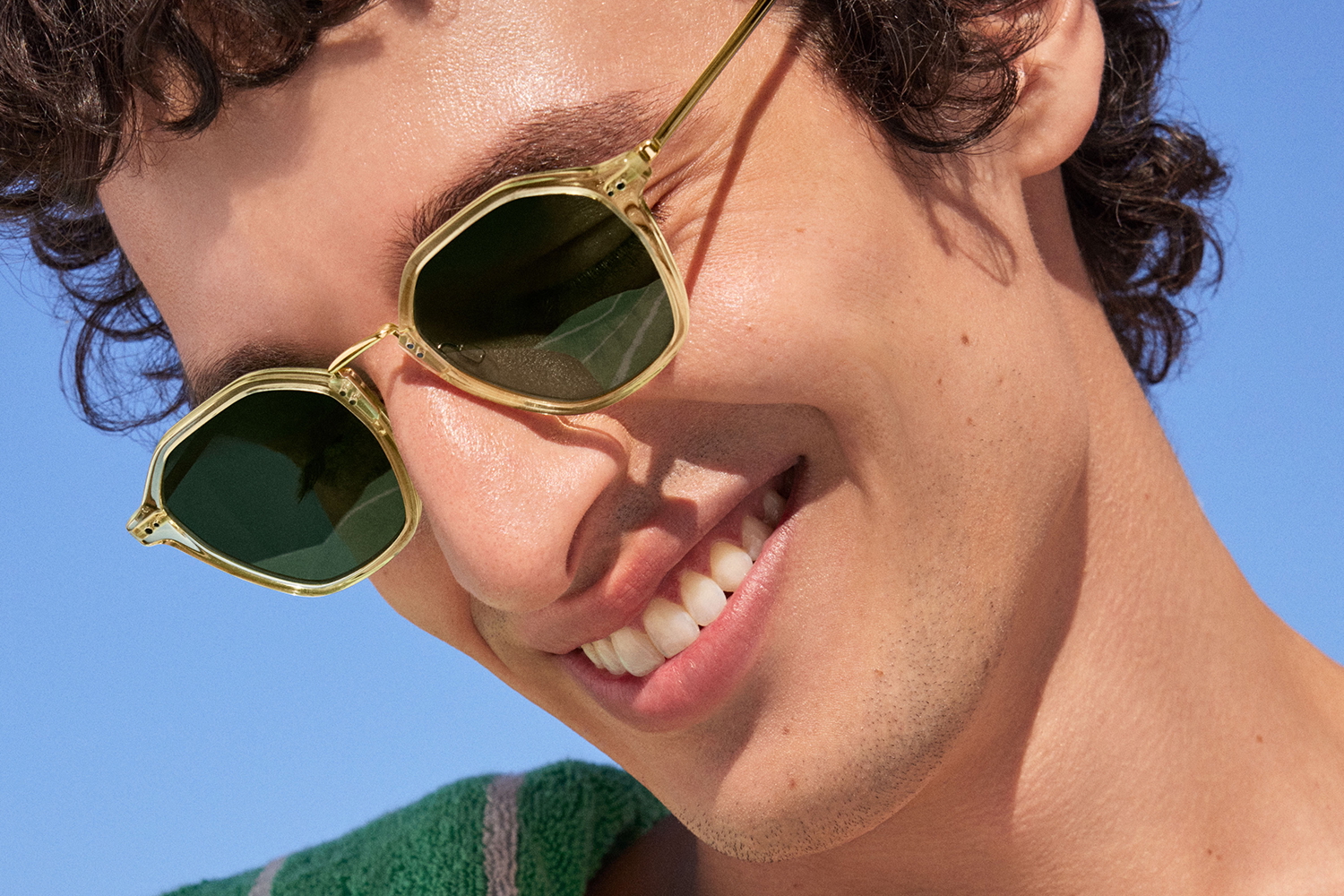 Warby Parker sunglasses showcasing a classic design, part of Google's Android XR partnership.
Warby Parker sunglasses showcasing a classic design, part of Google's Android XR partnership.
The third key partnership is with Kering Eyewear, a conglomerate that designs and manufactures eyewear for 14 prestigious luxury brands, including Gucci, Montblanc, Balenciaga, and Cartier. Kering Eyewear also owns proprietary brands such as Lindberg and Maui Jim. Shahram Izadi, Google’s Vice President of XR, articulated the company’s vision in a press release, stating, “Integrating our immersive XR platform with Kering Eyewear’s iconic styles will give consumers the fashion and function to get the most out of Android XR.”
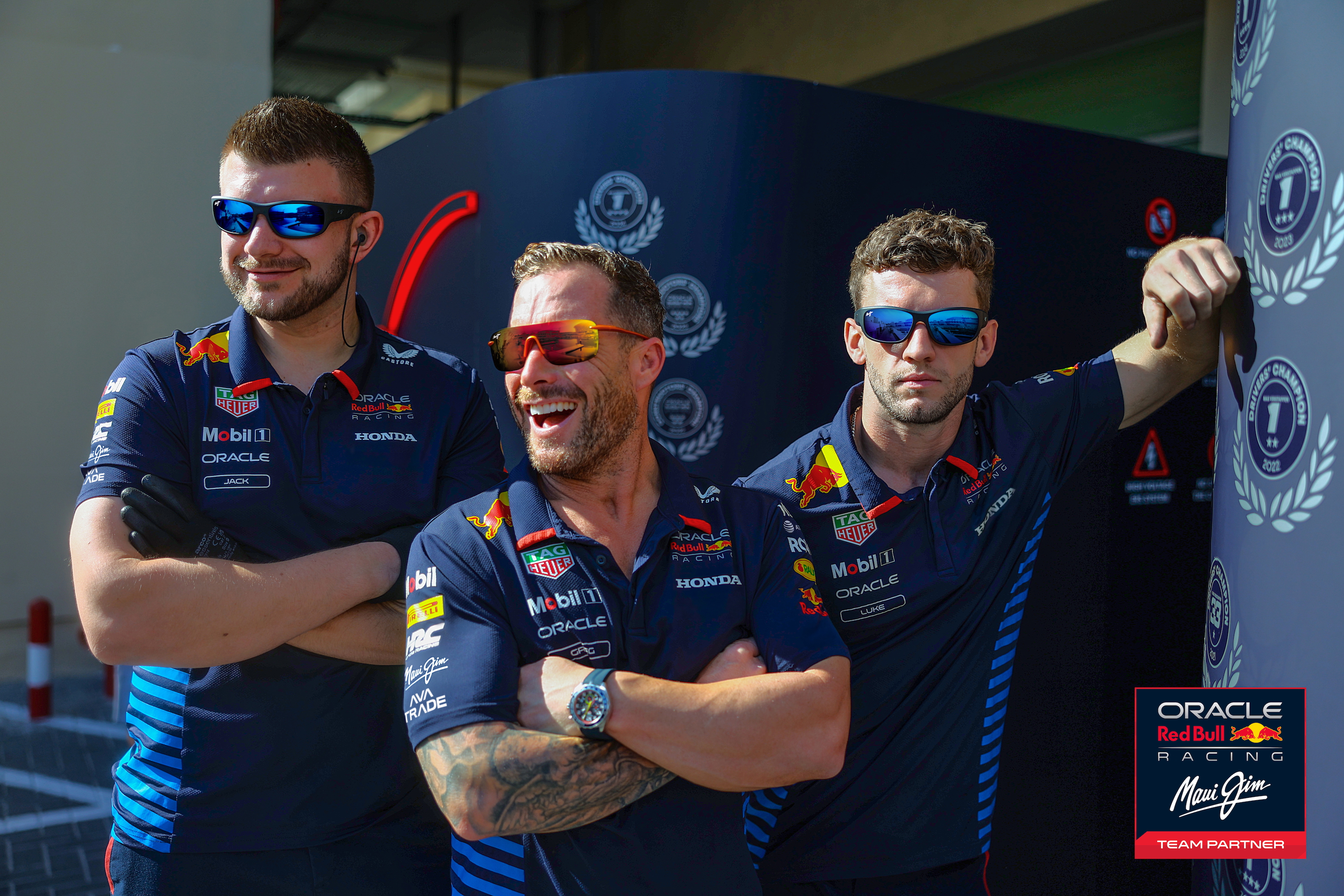 Stylish Maui Jim sunglasses, representing Kering Eyewear's luxury offerings for Android XR smart glasses.
Stylish Maui Jim sunglasses, representing Kering Eyewear's luxury offerings for Android XR smart glasses.
Leaving Nothing to Chance in a Diverse Market
Meta’s collaboration with EssilorLuxottica for the Ray-Ban Meta smartglasses significantly contributed to that product’s success. Ray-Ban’s design expertise and market understanding allowed Meta to launch a single, timeless design—the Wayfarer—that suits a wide array of face shapes. However, the Wayfarer’s universal appeal is relatively unique in the eyewear industry, where “one size fits all” rarely applies.
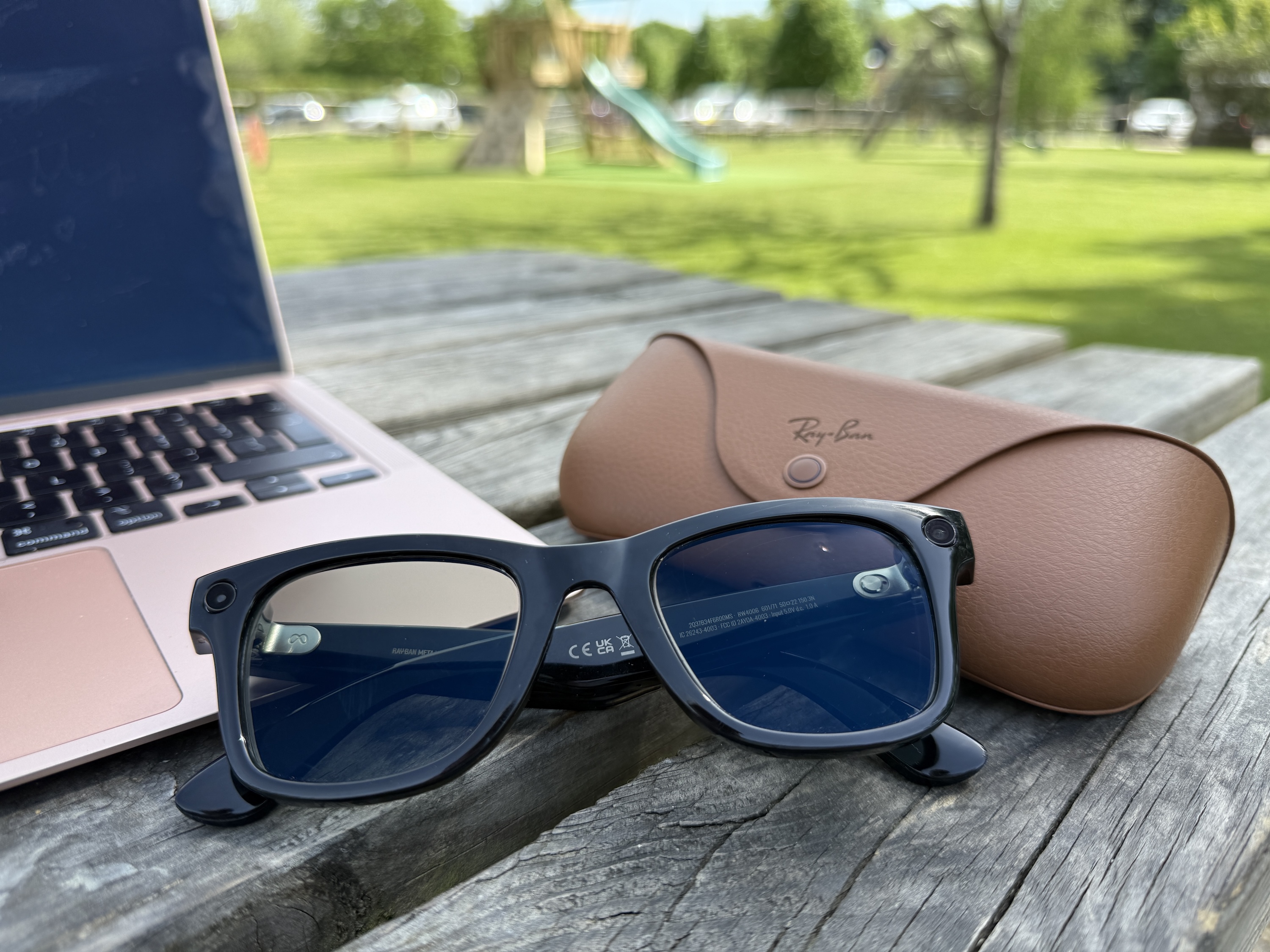 Ray-Ban Meta smartglasses with their charging case, highlighting a successful smart eyewear partnership.
Ray-Ban Meta smartglasses with their charging case, highlighting a successful smart eyewear partnership.
By partnering with Gentle Monster, Warby Parker, and Kering Eyewear, Google aims to cater to a broad spectrum of not only face shapes but also aesthetic preferences. Not everyone can or wants to wear a pair of bold Gentle Monster glasses. For them, Warby Parker offers comfortable, classic alternatives. Meanwhile, fashion-forward consumers will likely find appealing options among Kering Eyewear’s extensive portfolio of luxury brands.
Throughout this ecosystem, Google’s Android XR platform will operate seamlessly, ensuring an optimized and consistent user experience. While Google’s Wear OS platform for smartwatches experienced a challenging initial phase, its significant improvements since Wear OS 4 demonstrate the company’s renewed commitment to wearable tech software. This inspires confidence in its ability to deliver a robust software platform for smart eyewear.
The Dawn of High-Tech Luxury Sunglasses
A consistent and reliable software experience is more critical than one might assume. Poorly functioning software is antithetical to luxury, and Google’s partners will be keen to avoid anything that could tarnish their esteemed reputations. For Android XR to succeed, it needs to blend into the background, becoming an almost unspoken element when consumers purchase luxury smart glasses. This can only be achieved through unwavering confidence in the product from all stakeholders. The stakes for Android XR are considerable. [internal_links]
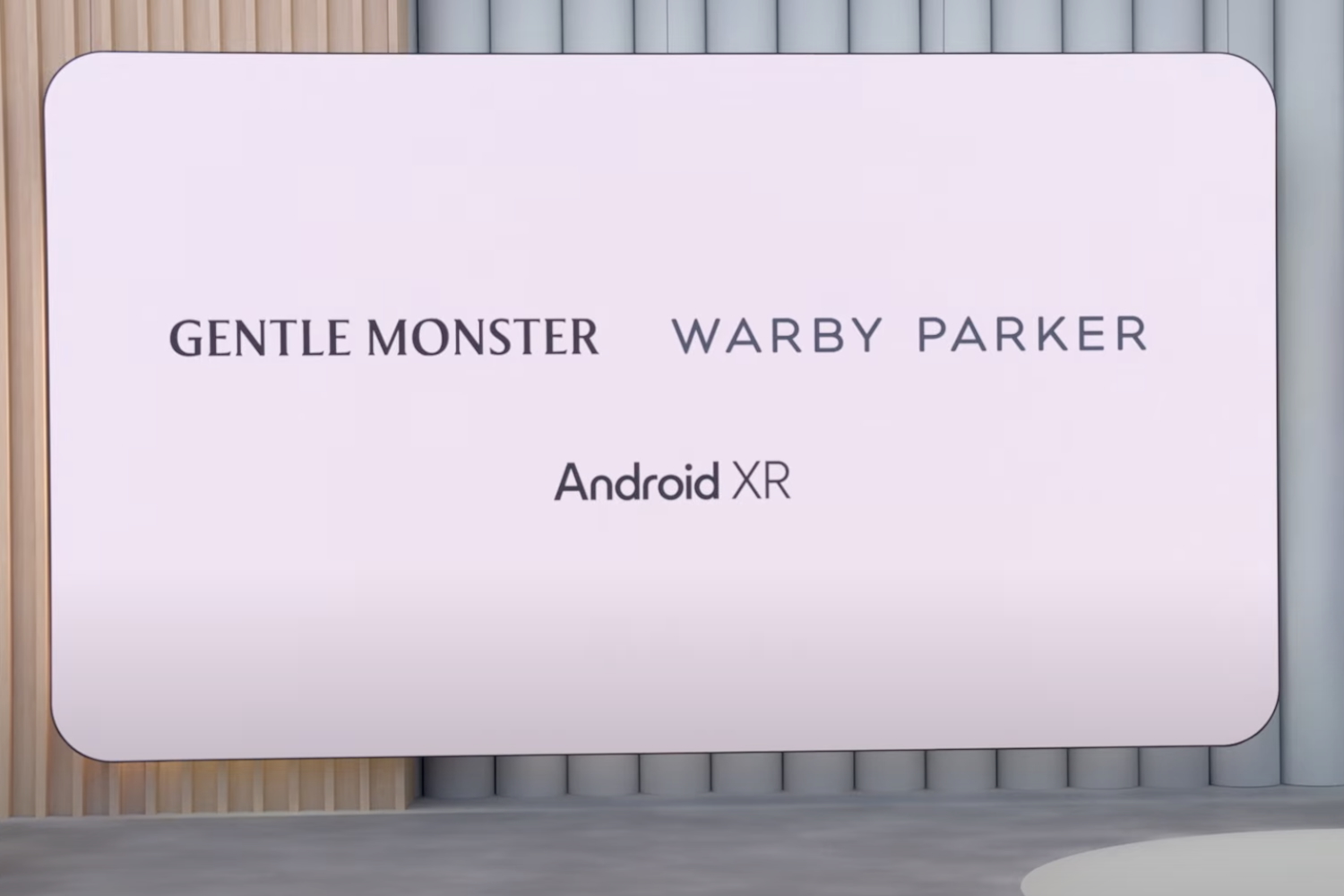 Visual from Google I/O 2025 presentation showcasing the Android XR platform for smart glasses.
Visual from Google I/O 2025 presentation showcasing the Android XR platform for smart glasses.
Eyewear is primarily chosen for its aesthetic appeal and how it projects an individual’s image. This will remain the paramount consideration for smart sunglasses. Android XR must impress by being instantly usable, non-intrusive, and virtually invisible. Google’s decision to not build the hardware itself indicates an acute awareness of this reality. Its choice of partners further demonstrates an understanding that catering to diverse consumer needs is crucial for the platform’s success.
Perhaps the only significant hurdle is time, as development is not progressing rapidly. Neither Gentle Monster nor Kering Eyewear has provided a timeline for their Android XR product launches. Warby Parker has indicated its first products will arrive after 2025. Assuming this means an early 2026 debut, the foundational elements are in place for Google to finally move beyond the legacy of Google Glass with its latest high-tech eyewear initiative. The prospect of your next pair of luxury sunglasses being powered by Android XR is becoming increasingly tangible.



